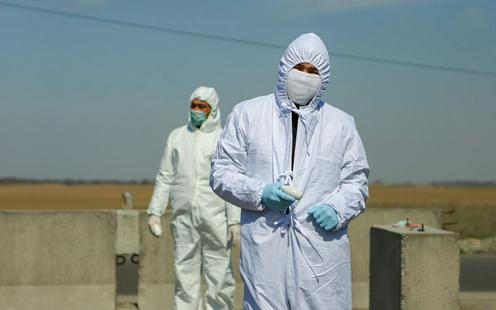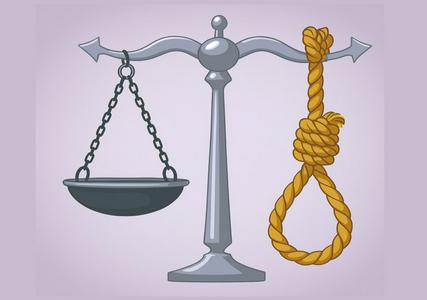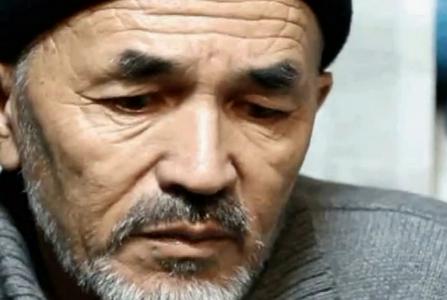The office of the prosecutor-general in Kyrgyzstan has stated that Kyrgyz citizens who have made video-recorded public apologies for spreading rumours about COVID-19 have done so voluntarily. Jogorku Kenesh (parliament) deputy Dastan Bekeshev posted the agency’s reply to his inquiries on his Twitter account (in Russian).
The prosecutor-general’s office stated that it had investigated the actions of members of the State Committee for National Security (SCNS) and the police forces suspected of forcing members of the public into issuing public apologies, and found no evidence that such instances had occurred. Voluntary apologies, the state prosecutor’s office concluded, are not forbidden by law.
The SCNS has released a large number of recorded apologies for spreading false information about COVID-19 since the start of the epidemic. As news outlet 24.kg points out, hardly a day goes by without the agency sending in a video with yet another repentant individual accused of spreading fake news. Journalists, social media users, and several politicians (including Bekeshev) have suggested that the security forces are pressuring these individuals to issue apologies.
One particularly widely-reported story has been that of a young doctor at the Issyk-Atin Centre for family medicine, Bektur Apyshev. He posted information on his Twitter account about medical staff being provided with poor-quality face masks. On 10 April, Apyshev wrote that he had been called in for a talk by the hospital management. After this, a video recording appeared on the internet in which Apyshev declared that: “In actual fact, the clinic has full supplies of personal protective equipment and masks. I apologise for spreading false information.” His Twitter account was deleted.
After a public outcry accusing the SCNS of pressuring the doctor into issuing an apology, the agency denied exerting pressure on or even speaking to the doctor, stating that: “Against the backdrop of the situation with the coronavirus, all over the world certain individuals are trying to create a bit of cheap PR for themselves by spreading unreliable information.”
Yesterday, Amnesty International released a report criticising Eastern European and Central Asian governments, including Kyrgyzstan, for using excessive force and neglecting human rights during the fight against the spread of the coronavirus. Harsh punishments for both journalists and members of the public for the spreading of false information or “fake news” was one problem highlighted by the rights organisation.
Last month in Kyrgyzstan, criminal charges were brought against news site The Asia Times for publishing false information about the deaths of two Kyrgyz nationals from the coronavirus. In a high-profile recent case in Kazakhstan, media manager and activist Arman Shuraev was arrested for spreading unreliable information in relation to the virus.










